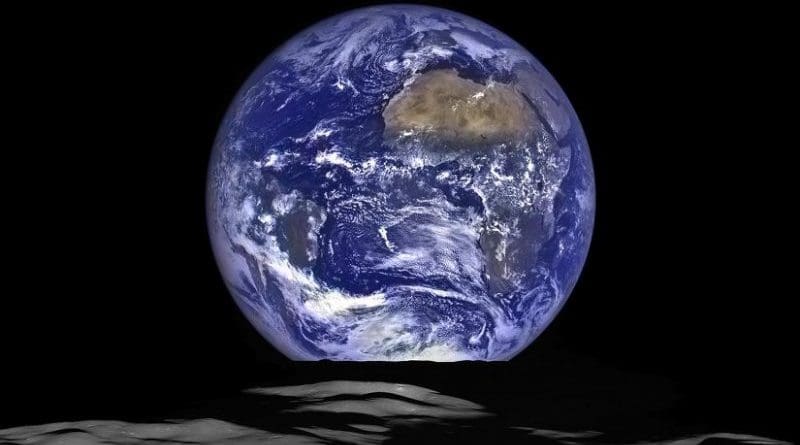Trusting A New Way Of Life – OpEd
By Arab News
By Hassan Bin Y. Yassin
If there is any silver lining to 2011 and its accumulating crises and disasters, it would have to be the momentum this has given us to learn more about the world we live in, how it functions, how it provides for our needs and how we are currently straining the very systems and resources we depend on for our livelihoods. That said, we are still far from answering those questions.
Instead, we have been given an opportunity to learn, and to adapt our way of life to realities and circumstances that we all too comfortably ignored in the past.
As the world economy teeters on the edge, world population exceeds 7 billion, and vital resources such as food, water and mineral resources start to run short, we are forced to think about the world we want our children to inherit, knowing it will be very different from the one we have exploited and bled dry over the past century. With so many crises coming to a head simultaneously it is difficult to keep a clear head and develop an overall view of how to move forward. However, we have all understood that we need to make some drastic changes to the way we live, not stopgap measures and meetings to bandage our wounds.
It has been calculated that the world has approximately 12 to 13 billion hectares of biocapacity to sustain its inhabitants. Our current rates of consumption averages almost 3 global hectares per person, meaning that we are exceeding the Earth’s capacity by more than one-third today. These extra hectares we are using are being “borrowed” from the future, essentially drying up aquifers, emptying the seas of fish and rendering once arable land unusable. Unless we change our way of life we are effectively mortgaging the future of our children to feed our current greed and overconsumption. In the Gulf region we use some 10 hectares per person, by far the worst example of overconsumption in the world.
What a person needs, and what we can sustain given current population numbers is approximately 2 hectares per person, and even that is excessive. The food we consume in one day currently requires 3,000 daily liters of water per person. Let us take these figures as a baseline to imagine how we could live if shipping food around the world was no longer viable. We should get our best thinkers, scientists and engineers to come up with ideas and create models of how we can make this work. We should launch pilot projects in rural areas to promote local self-sufficiency today, we should encourage family farming and teach these values and back-to-the-land programs in schools and universities. Let us prepare for the future rather than fearing it.
The greatest lesson we can take from the events of this past year is that we must start to go back to basics. We need to reduce our dependency on hydrocarbons, we need to promote local sustainable production, and we need to reduce waste and consumption, increase energy efficiency and reorganize our lives around more local, sustainable and modest means. Moreover, this could have many accompanying benefits, from taking better care of our environment to reinforcing local cooperation and strengthening the family unit.
So, as we face the unknown and an accumulation of crises, let us seek solutions by going back to basics. Our current path is leading to bankruptcy, fear and conflict. It is time we sought answers by building trust in another way of life.
– Hassan Bin Youssef Yassin is a political analyst based in Jeddah. He can be contacted at: [email protected]

